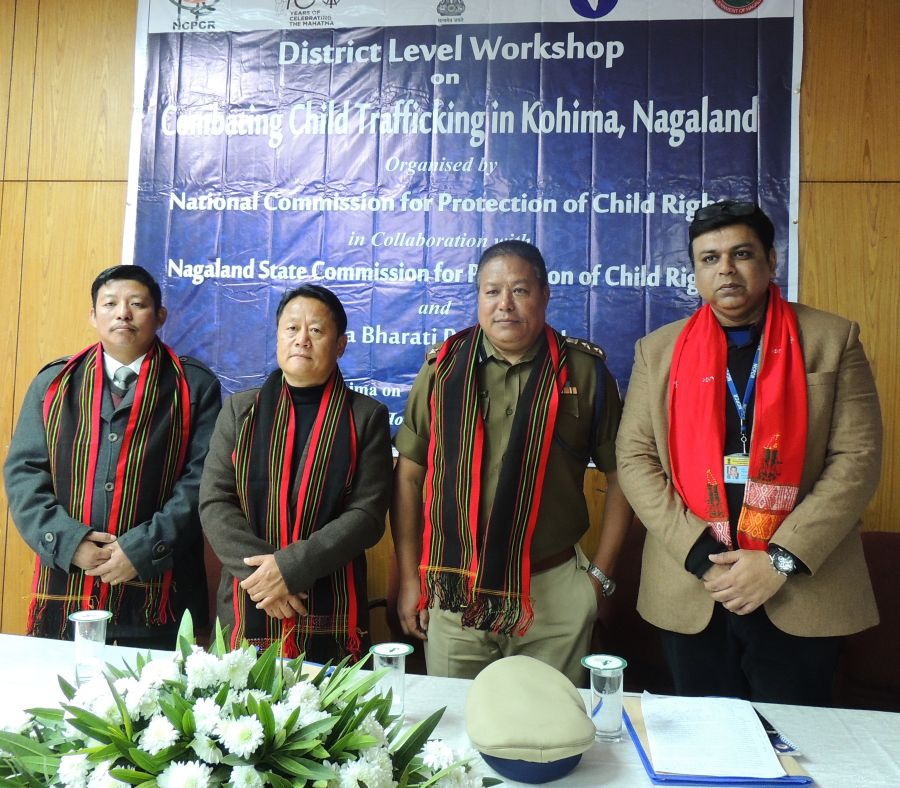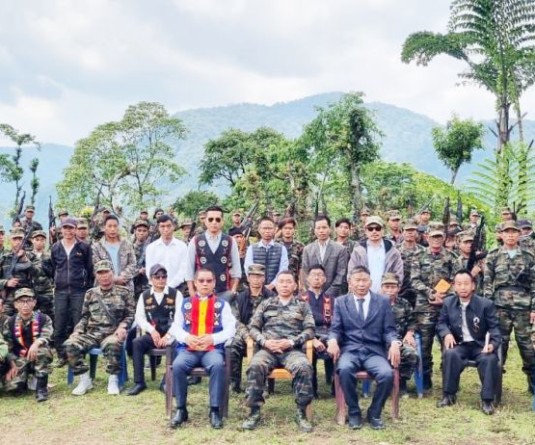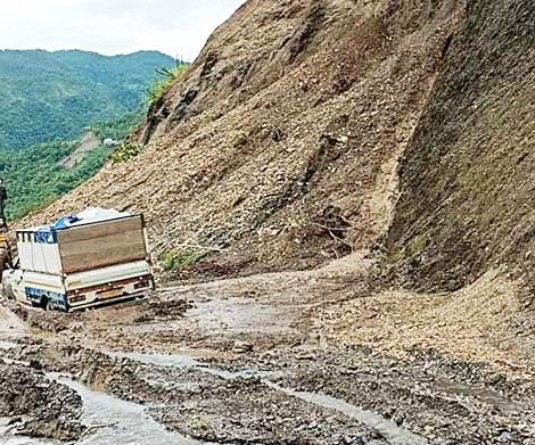High demand for domestic helps and cheap labour promoting human trafficking in State

Kohima, January 8 (MExN): A district level workshop on 'Combating Child Trafficking in Kohima, Nagaland' today pointed out that the high demand for domestic helps, cheap labour and sex workers in urban and commercial hubs is opening doors for human trafficking.
Organized by the National Commission for Protection of Child Rights in collaboration with Nagaland State Commission for Protection of Child Rights and Seva Bharati Purbanchal, the workshop was held on January 8 at Hotel Japfü, Kohima.
MC Ongbou Chang, Member, Nagaland State Commission for Protection of Child Rights stated that factors like poverty, lack of quality and proper education etc contribute to children becoming victims of human trafficking. Although unaccounted, Chang said child trafficking in Nagaland is prevalent especially for forced labour and involuntary domestic help.
"Majority of households in urban areas have huge demand for domestic help who are fetched from rural areas or poverty stricken families. Demand for cheap labour and sex workers in Dimapur and other urban areas has opened doors for professional human traffickers to take advantage," stated Chang.
From the law enforcement perspective, Kevithuto Sophie, Senior Superintendent of Police stated that tackling child trafficking requires law enforcement to collaborate with multiple community partners to identify and respond to child victims while holding accountable those responsible for their exploitation.
According to Sophie, with the proactive role of the Child Protection Unit in creating public awareness and actively engaging in the protection and welfare of children in distress, there is a decrease in the number of reported cases of child abuse.
"However the actual figures could be higher as many victims are not registering cases with the police largely because they do not know the law or fear traffickers. Hundreds of children are trafficked to Kohima as well as other districts of Nagaland from rural areas on the pretext of job, education and some family relation with the traffickers/employers. Most of them end up as domestic helpers where some are abused and even sexually exploited," said Sophie.
Sophie informed that till date, no anti-human trafficking case has been registered in Kohima district. However, there are some cases registered under the POCSO Act in Kohima. In 2015, 8 cases were registered, 2016 (10 cases), 2017 (7 cases), 2018 (4 cases), and 2019 (7 cases).
Kohima DC, Gregory Thejawelie meanwhile viewed that the normalisation of crimes and wrongs is an issue which needs to be addressed. "We live along with the problem and get used to it without attempting to solve the problem," he said. In addition to the existing child protection services and programmes, he urged for more community efforts.
Paresh Shah, Senior Technical Expert, Northeast Cell & Education, NCPCR updated on the series of workshop conducted across the country mostly concerning the rights of children.





